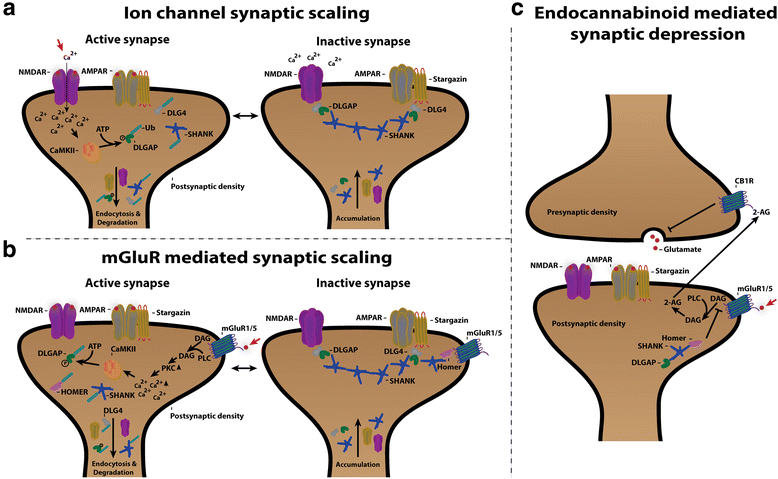Anti-SAPAP3 (DLGAP3) Mouse Monoclonal Antibody | Key Tool for Neuroscience Research
The Anti-SAPAP3 (DLGAP3) Mouse Monoclonal Antibody [Clone ID: OTI1D3] is a high-quality reagent for neuroscience research, particularly in the study of synaptic proteins, neurodevelopmental disorders, and neuroplasticity. This antibody is widely used for immunohistochemistry, Western blotting, and ELISA to detect and study SAPAP3, a protein critical in synaptic signaling and neurotransmission.
Gentaur
Scientific Publications

Anti-SAPAP3 (DLGAP3) Mouse Monoclonal Antibody | Key Tool for Neuroscience Research
What is SAPAP3 (DLGAP3) ?
SAPAP3, also known as DLGAP3, is a member of the SAPAP family and plays a crucial role in the organization and function of postsynaptic densities in neurons. SAPAP3 is involved in the regulation of synaptic signaling and neuroplasticity, making it an essential target for understanding neurodevelopmental disorders and synaptic function.

Why Choose Anti-SAPAP3 Mouse Monoclonal Antibody [Clone ID: OTI1D3] ?
- High Specificity : The Anti-SAPAP3 (DLGAP3) antibody, Clone ID: OTI1D3, is highly specific to SAPAP3, ensuring accurate detection of this synaptic protein in neuroscience research.
- Reproducible Results : Known for its consistent and reliable performance in immunohistochemistry (IHC), Western blotting, and ELISA, providing researchers with consistent data.
- Versatile Application : Perfect for studying synaptic signaling, neurodevelopmental disorders, and synaptic plasticity in neuroscience labs and genetics research.
- High Affinity : The antibody’s high affinity for SAPAP3 ensures sensitive detection, even at low concentrations of the target protein.
Applications of Anti-SAPAP3 Mouse Monoclonal Antibody [Clone ID: OTI1D3]
- Immunohistochemistry (IHC) : Use the antibody for tissue analysis, specifically in the brain and neuron studies, to explore the distribution and expression of SAPAP3.
- Western Blotting : Detect and quantify SAPAP3 in protein lysates from neurons and brain tissue to study protein expression.
- ELISA : Measure SAPAP3 levels in serum or tissue extracts to investigate synaptic signaling and neurotransmission.
- Neuroplasticity Research : Understand how SAPAP3 contributes to synaptic changes and neuroplasticity, crucial for learning and memory.
Why is SAPAP3 Important in Neuroscience ?
- Synaptic Function : SAPAP3 plays a key role in the assembly of postsynaptic complexes, influencing neurotransmission and synaptic signaling.
- Neurodevelopmental Disorders : Abnormalities in SAPAP3 expression have been linked to various neurodevelopmental disorders, making it a critical biomarker for research into conditions like autism spectrum disorder (ASD) and schizophrenia.
- Neuroplasticity : SAPAP3 contributes to synaptic plasticity, the ability of synapses to strengthen or weaken over time, which is vital for learning, memory, and neuroadaptive changes.

Enhancing Your Research with Anti-SAPAP3 (DLGAP3) Mouse Monoclonal Antibody
This monoclonal antibody is an indispensable tool for those studying synaptic proteins and neurobiology. Whether your focus is on neuroplasticity, neurodegenerative diseases, or neurodevelopmental disorders, Anti-SAPAP3 (DLGAP3) Mouse Monoclonal Antibody [Clone ID: OTI1D3] provides reliable and reproducible results for your experiments.
